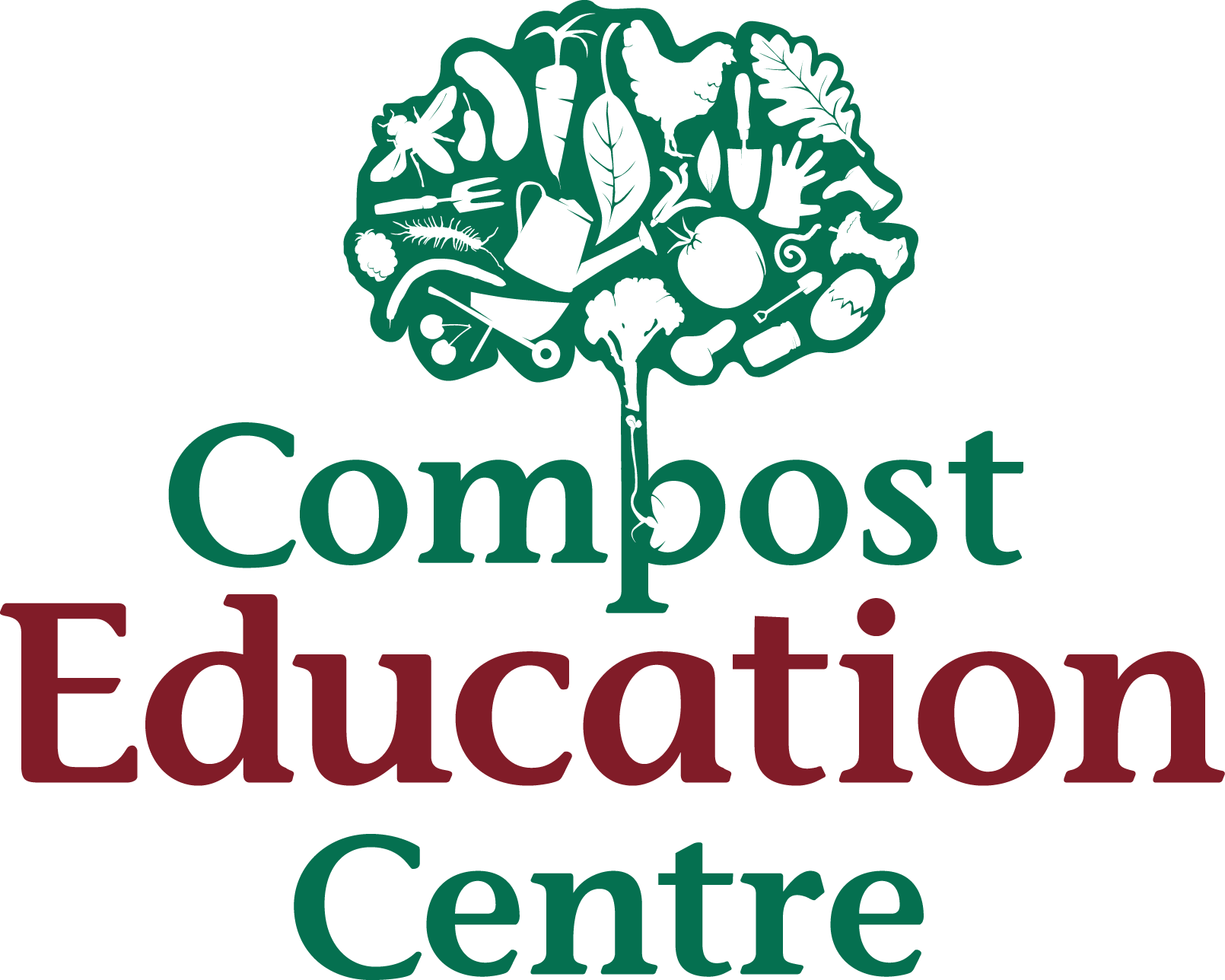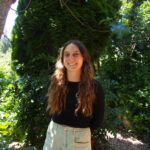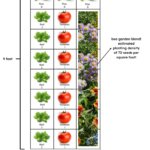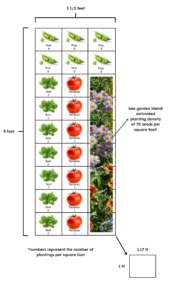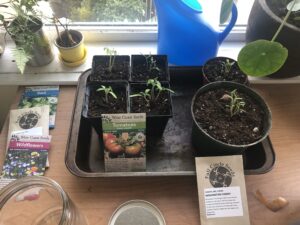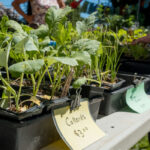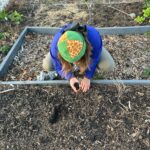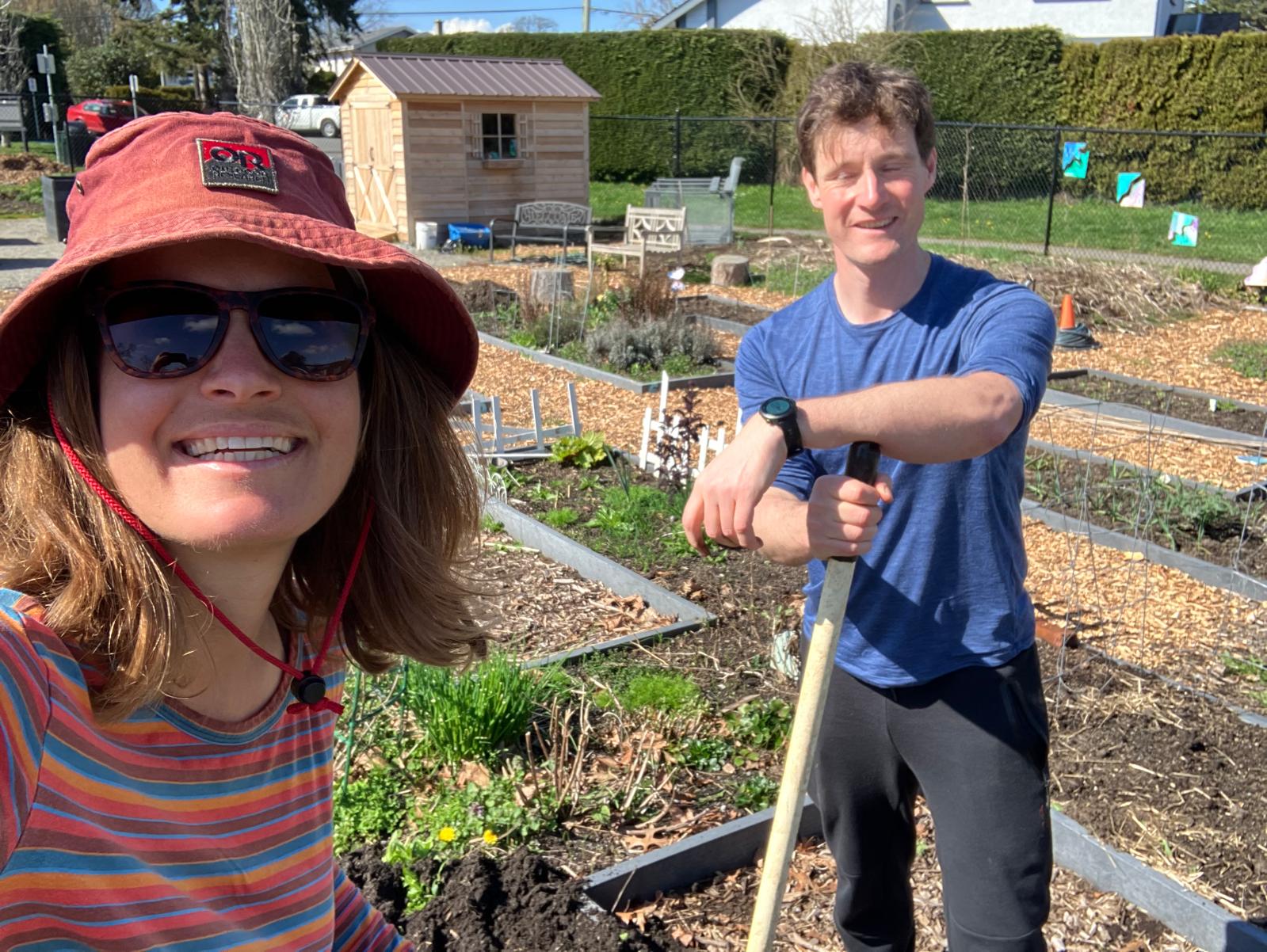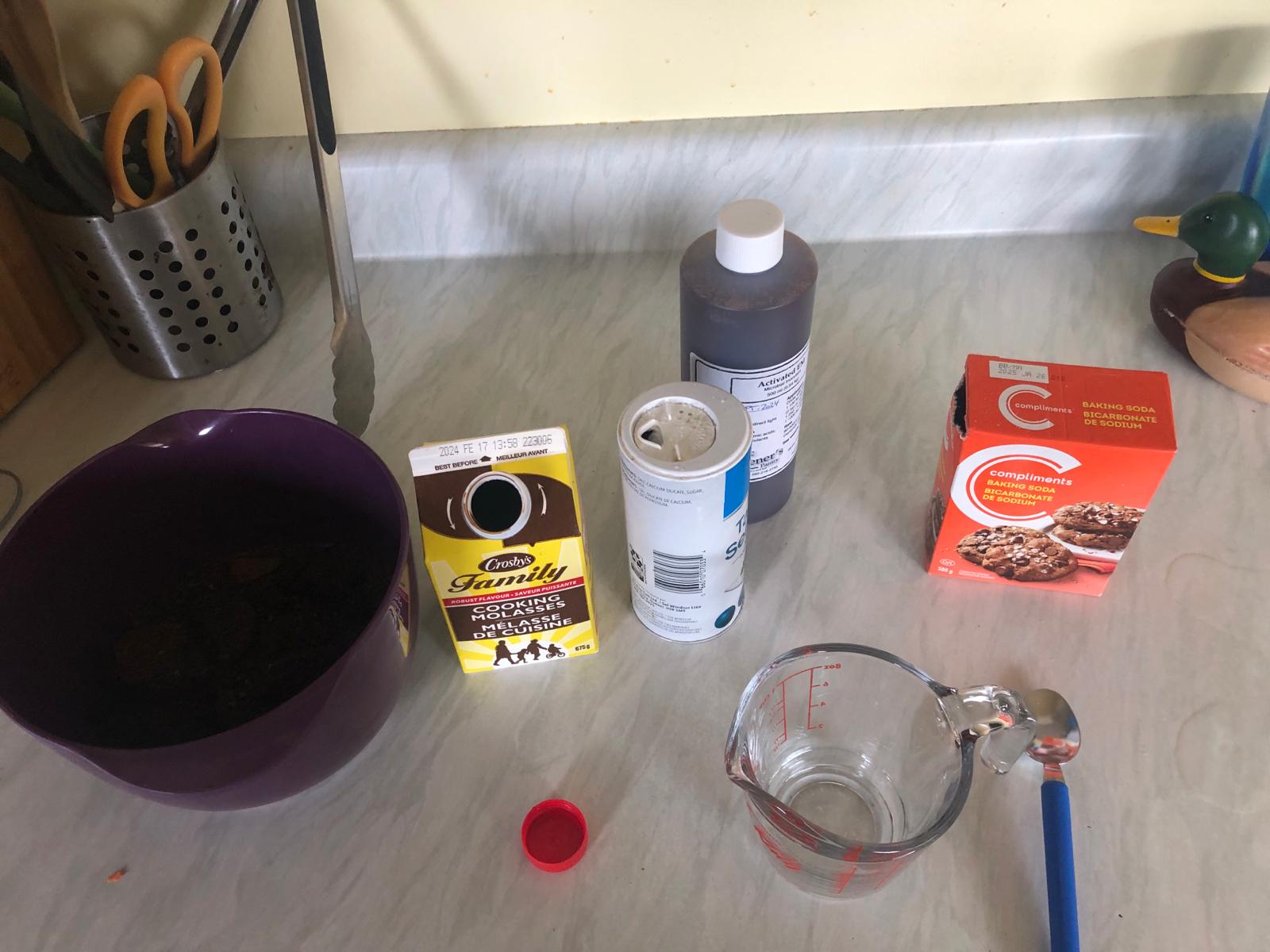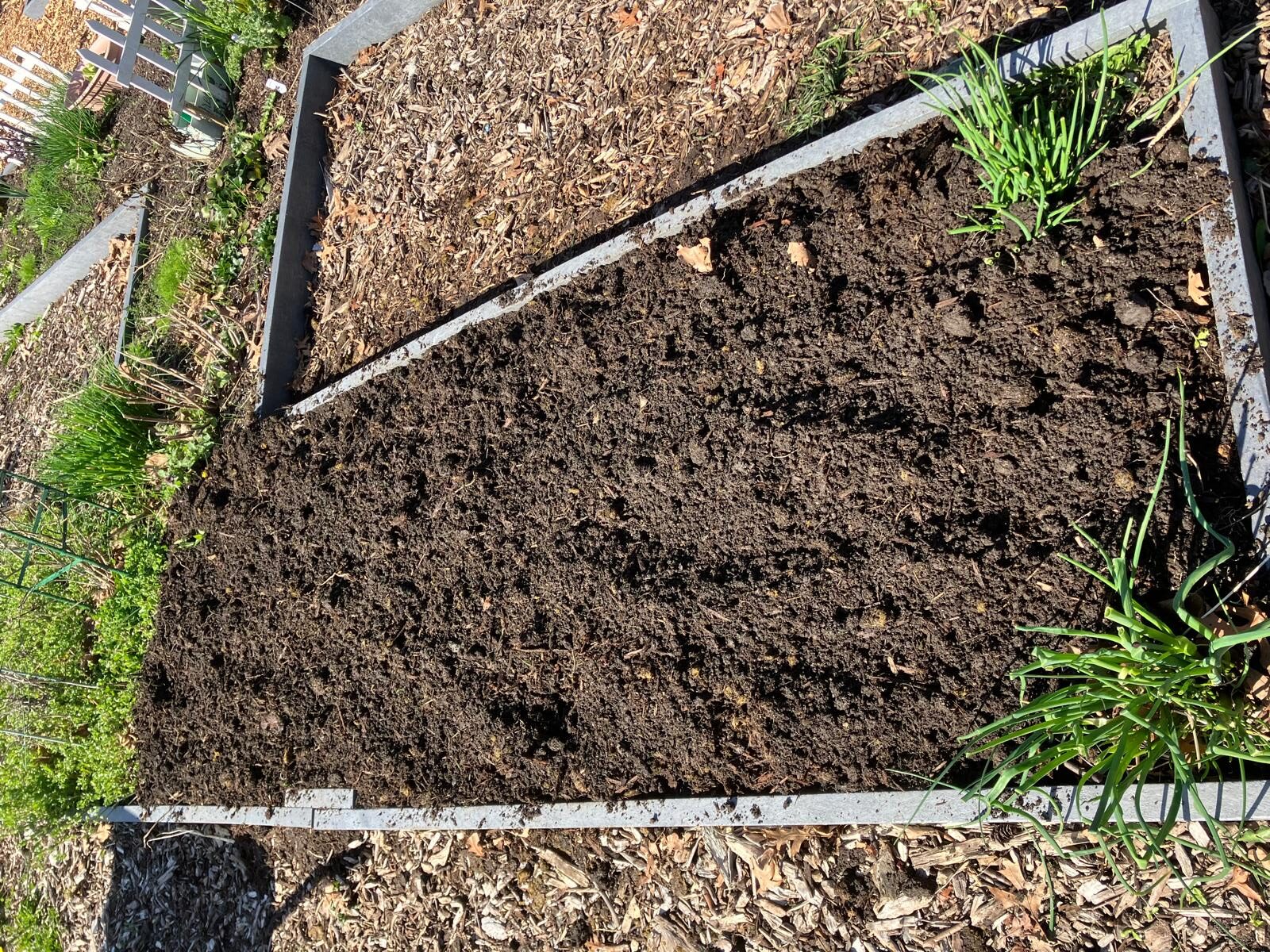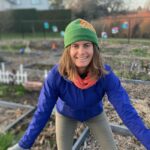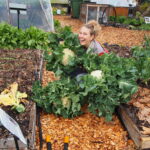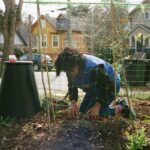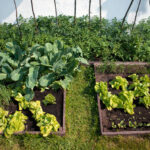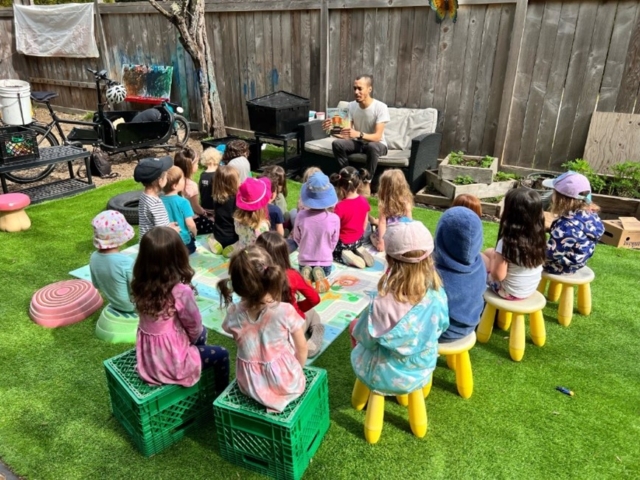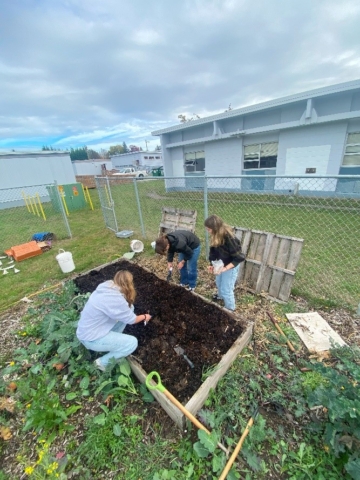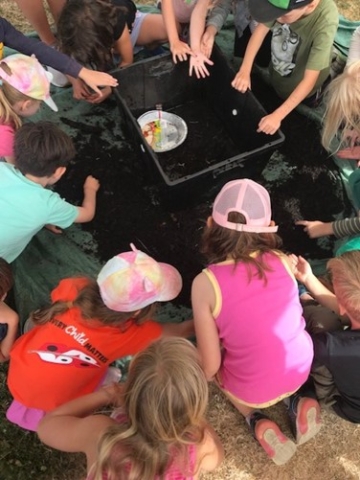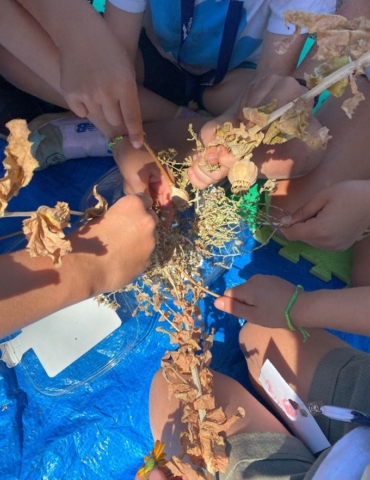Fall Plant Sale Fast Approaching!
July 25, 2024
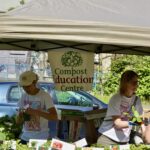
The Compost Education Centre (CEC) is hosting our annual all-organic Fall plant sale! August 10, 10am-12pm!
The plant sale will take place in our site at 1216 North Park street. Stay for a while and enjoy bike pedal-powered music in the garden. Entry by donation or free for CEC members. Dogs welcome.
The Fall Organic Plant sale features veggie starts that are perfect for your overwintering vegetable garden.
What you can look forward to:
• A selection of annual vegetables suitable for fall and winter growing
• Native plants for your low maintenance garden
• Perennial edibles like berry bushes and other fruiting shrubs
• Medicinal herbs like English lavender, chamomile and yarrow
• Live bicycle powered music!
The Compost Education Centre is located on unceded and occupied Indigenous territories, specifically the land of the Lekwungen speaking people—the Esquimalt and Songhees Nations. These nations are two of many, made up of individuals who have lived within the porous boundaries of what is considered Coast Salish, Nuu-Chah-Nulth and Kwakwa’wakw Territory (Vancouver Island) since time immemorial. At the CEC we seek to respect, honour and continually grow our own understandings of Indigenous rights and history, and to fulfill our responsibilities as settlers, who live and work directly with the land and its complex, vital ecologies and our diverse, evolving communities.
Compost Education Centre memberships get you free workshops, discounts at garden centres around town and more great perks! Sign up or learn more on our website.
Accessibility Information
The Compost Education Centre is committed to creating a welcoming and inclusive experience for all our community members.
Getting to the Compost Education Centre
The Compost Education Centre is located at 1216 North Park St. The closest bus stops are:
- Pandora Ave at Chambers St (Stop ID: 100169) (300 meters away) served by Routes 2, 5, 27, and 28;
- Cook St at Balmoral Rd (Stop ID: 100160) (350 meters away) served by Routes 24 and 25;
- Fernwood Rd at Grant St (Stop ID: 100227) (450 meters away) served by Route 22; and
- Bay St at Cedar Hill (Stop ID: 103733) (750 meters away) served by Route 10.
A bus transit planner is available on the BC Transit website (https://www.bctransit.com/victoria/).
The Compost Education Centre is accessible by bicycle, and there is ample bike parking available. Bike routes are visible on the CRD website (https://maps.crd.bc.ca/Html5Viewer/?viewer=BikeMap).
Parking
Parking is very limited. The closest parking options during the week are:
- Two 2-hour parking spots at the corner of North Park St and Chambers St (50 meters away);
- Three 2-hour parking spots at Haegert Park (100 meters away);
- One 1-hour parking spot at the corner of North Park St and Cook St (250 meters away);
- Multiple 1-hour parking spots on Gladstone Ave opposite the Fernwood Community Centre (300 meters away); and
- One 1-hour parking spot at the corner of Caledonia Ave and Cook St (350 meters away).
All other parking within 400 meters of the Compost Education Centre is residential-only. While construction is occurring adjacent to the Compost Education Centre at 1211 Gladstone Ave (projected to be complete in June 2025), parking is even more limited.
On Saturdays, parking is available in the Victoria High School parking lots that are accessible off Grant St and Gladstone Ave. From these parking lots, it is less than a 300 meter walk to the Compost Education Centre.
Site Accessibility
The Compost Education Centre site has paths made of wood chips. Mobility devices with wheels (such as wheelchairs, walkers etc.) are sometimes difficult to use on site. The Strawbale learning classroom is accessed via a wooden ramp, and it has a wide double door and a ramp leading up to it. Once inside the Strawbale, the floor is a level hard surface. There is a single-stall gender-neutral washroom on site. The washroom is not wheelchair accessible. There is a wooden ramp up to the washroom door and a small step over the doorframe into the washroom. The retail space is not wheelchair accessible; there are four steps up into our retail space.
Posted in Uncategorized